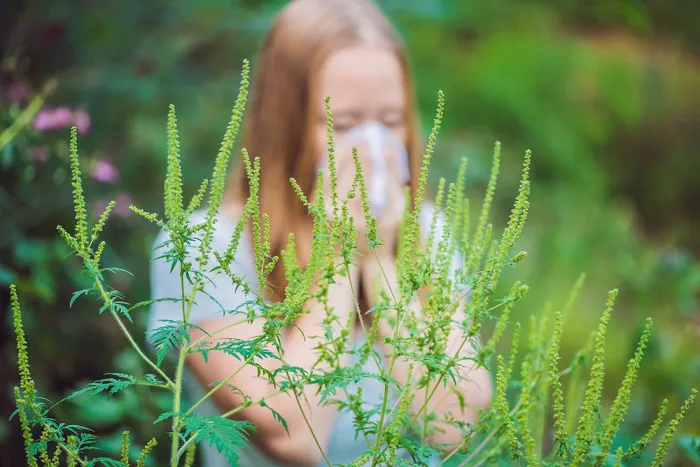As anticipation for warmer weather and blossoming flowers grows, so does the dread of allergy sufferers as experts warn of a longer and more intense allergy season in the United States and Great Lakes region this year, attributed to the effects of climate change.
According to a statement by AccuWeather, the shifting climate is prolonging and intensifying allergy seasons by altering the timing of plant blooming, the duration of pollen release, and the quantity of pollen emitted. Yingxiao Zhang, a climate scientist at the University of Michigan, highlighted the impact of climate change on pollen seasons, noting that trees are flowering earlier, thus extending the pollen season.
Bert Cregg, a researcher and professor at Michigan State University, attributed this year’s early bloom to milder weather and the warmest winter on record in Michigan, resulting in a bloom date 10 days earlier than the historical average.
Contrary to common belief, it’s not the flowering trees but wind-pollinated trees like conifers, maples, and hickories that contribute most to pollen emissions. Cregg explained that these trees release copious amounts of pollen, carried by the wind to fertilize female flowers on other plants.
Dispelling another misconception, Cregg emphasized that most trees are not strictly male or female, with less than four percent solely male. This challenges the notion that male trees are the primary culprits of allergies.
While climate change’s impact on allergies often receives less attention than its more visible effects, it affects vast regions beyond those experiencing dramatic environmental changes. Zhang warned that rising pollen counts may trigger allergies in individuals who previously didn’t experience them.
Data from the 2021 CDC National Health Interview Survey indicates that over one-quarter of adults and nearly one in five children in the U.S. suffer from seasonal allergies. Manoj Mohan, an immunologist at Okemos Allergy Center, attributed the surge in allergy cases over the past decade to climate change.
To alleviate symptoms, Mohan advised reducing exposure to allergens by keeping windows closed, limiting outdoor activities, and maintaining cleanliness. Over-the-counter medications, nasal sprays, and eye drops can help manage symptoms, with “priming” recommended before allergy season onset. Immunotherapy is an option for severe cases.
Mohan urged individuals not to let allergies dictate their lives, emphasizing the importance of seeking medical help and enjoying the spring season without undue discomfort.
































